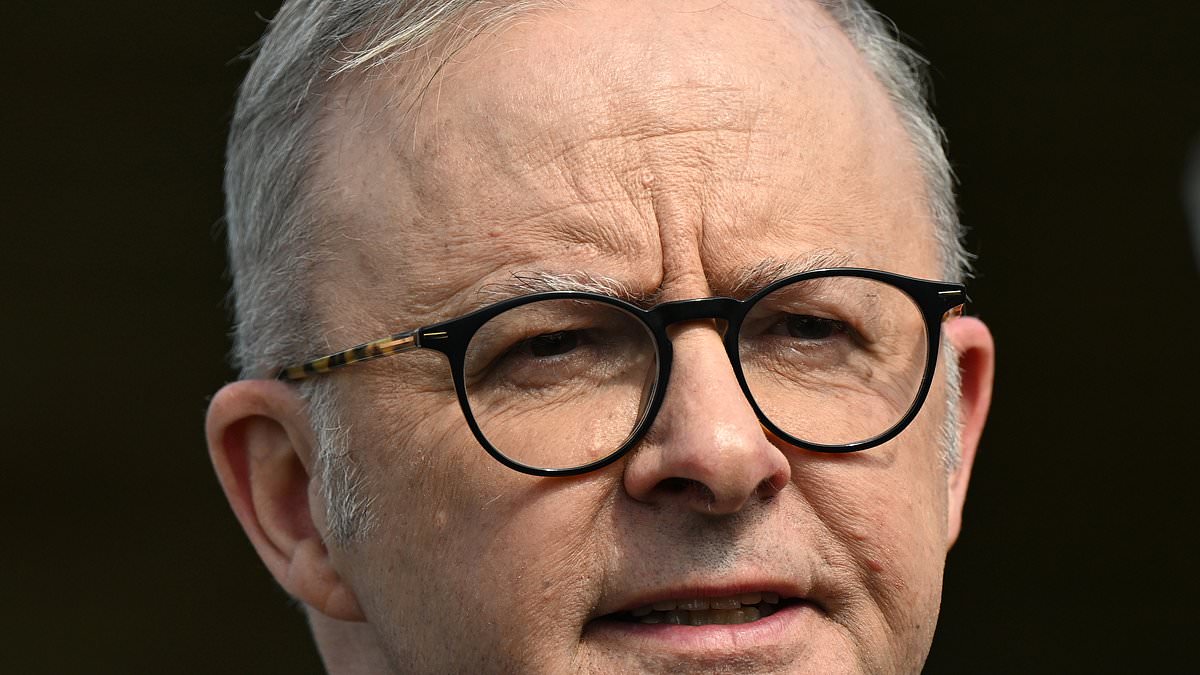
The latest Newspoll, published by The Australian, reveals a significant milestone for Prime Minister Anthony Albanese. For the first time in two years, his performance has garnered more favorable than unfavorable opinions among voters. According to the poll, conducted online between August 11 and August 14, 49% of voters are satisfied with Mr. Albanese’s performance, while 46% express dissatisfaction, giving him a net approval rating of +3. Notably, this marks his first positive net approval rating in a Newspoll since September 2023.
Labor Retains Strong Two-Party-Preferred Lead
In the two-party-preferred measure, the federal Labor Party continues to show dominance, holding a robust lead over the Coalition at 56% to 44%. Although Labor’s lead dipped slightly from the previous Newspoll conducted in July (57% to 43%), its primary vote remains steady at 36%. Meanwhile, support for the Coalition has increased by one percentage point to 30%.
Additional shifts were observed among minor parties. The Greens held steady at 12%, while One Nation saw a one-point increase to 9%. Support for independents and other minor parties dropped by two points to 13%.
Leadership Preferences and Approval Ratings
In terms of leadership, 51% of respondents favored Mr. Albanese as the better prime minister, compared to 31% for Coalition leader Sussan Ley. However, 18% of voters remain undecided, a figure that has risen by two points since the previous poll. Ms. Ley’s personal approval rating has declined, with her net approval rating now at -9, down from -7 in July. Meanwhile, roughly 21% of Newspoll respondents indicated it is still too early to evaluate Ms. Ley’s performance as opposition leader.
Resolve Poll Highlights Divided Opinions on Palestinian Recognition
Adding further complexity to the political landscape, a separate poll conducted by Resolve and released on Monday shows Australians are divided over the government’s plan to recognize Palestinian statehood. The Resolve survey, conducted between August 11 and August 16 with 1,800 voters, found that 36% of respondents believe recognition will have no impact on the Middle East situation, while 25% think it will make a difference. Meanwhile, 40% of respondents were unsure.
Pollster Jim Reed commented that the move is largely seen as symbolic. “The feedback is that this move is largely symbolic, which is not to devalue the power of symbols,” he explained. “But in this case, people don’t think Australia’s actions will make much, if any, difference on the ground in Gaza.”
The survey also noted differing opinions on the timing for recognition. About 32% of respondents suggested that recognition should wait until Hamas is no longer in power or Palestine acknowledges Israel’s right to exist. In contrast, 24% believe Australia should extend recognition regardless of leadership or circumstances in Palestine.
What’s Next?
Australia is preparing to join nations such as France, Canada, and the United Kingdom in recognizing Palestinian statehood during an upcoming United Nations General Assembly meeting in New York next month. The debate over the timing and potential impact of this move continues to divide public opinion.
With Labor’s consistent lead in the polls and a positive approval rating for Anthony Albanese, the government appears to retain strong support domestically. However, the contentious issue of Palestinian recognition presents a challenging diplomatic and political balancing act in the months to come.



